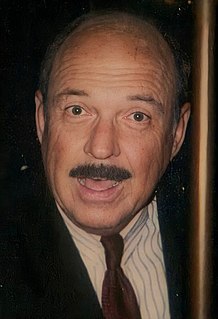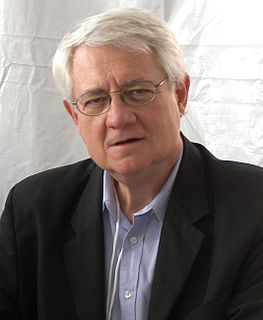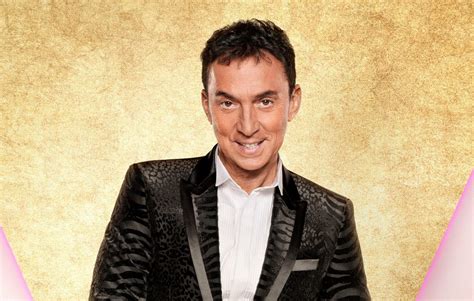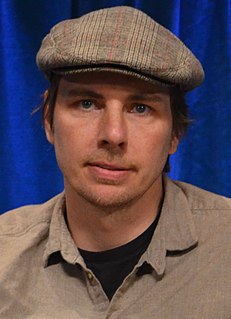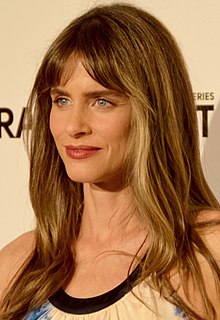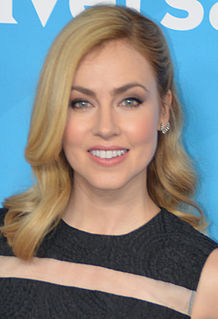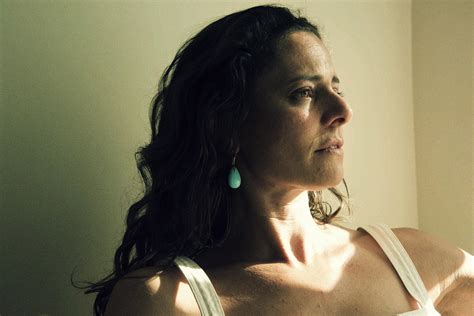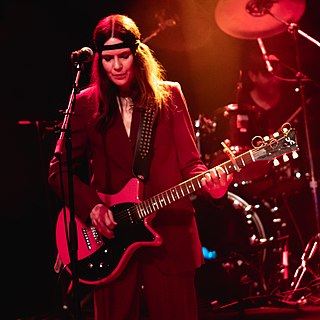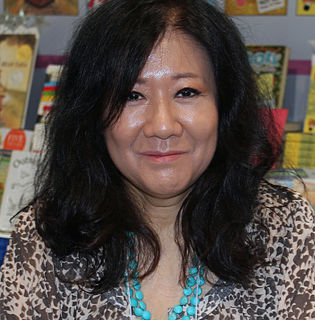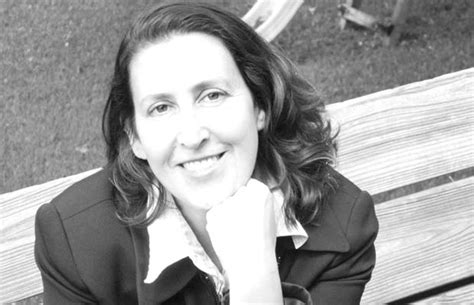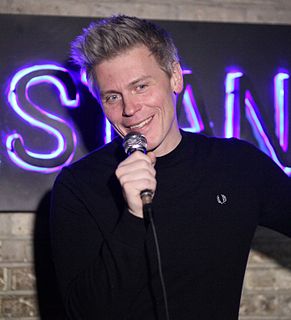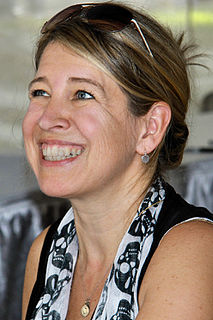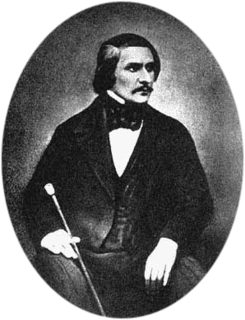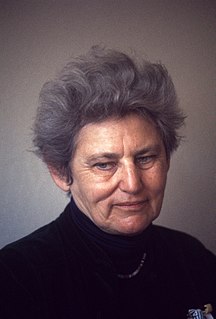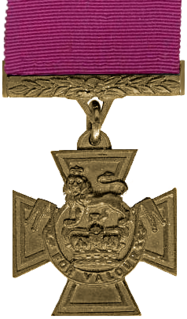Top 1200 Professional Writer Quotes & Sayings - Page 11
Explore popular Professional Writer quotes.
Last updated on December 19, 2024.
Bobby is the Aaron Rodgers of managers in professional wrestling - Rodgers works magic on the professional football field, but Bobby Heenan did the same thing in a wrestling ring, in a television studio, on a radio program, and he could do the same thing in a newspaper layout. He was a great communicator, and he knew how to generate heat with fans.
Finally, the illusions of validity and skill are supported by a powerful professional culture. We know that people can maintain an unshakeable faith in any proposition, however absurd, when they are sustained by a community of like-minded believers. Given the professional culture of the financial community, it is not surprising that large numbers of individuals in that world believe themselves to be among the chosen few who can do what they believe others cannot.
I've done everything. I've sung, done records, plays... It just so happened my first professional job was as a dancer. I've done the whole shebang, darling. But dancing was my first professional engagement in 1974. I got paid for it, so that was it, my vocation. But my parents weren't keen. They wanted me to be an accountant in Italy. Or a lawyer. They were furious. I had to run away. I had to leave the country.
If you're going to be a writer you should sit down and write in the morning, and keep it up all day, every day. Charles Bukowski, no matter how drunk he got the night before or no matter how hungover he was, the next morning he was at his typewriter. Every morning. Holidays, too. He'd have a bottle of whiskey with him to wake up with, and that's what he believed. That's the way you became a writer: by writing. When you weren't writing, you weren't a writer.
I would also argue that there is a good chance that an outline will help you stave off any onslaught of writer's block. Let me advise you right up front that I am not a big believer in writer's block. I think writer's block is God's way of telling you one of two things - that you failed to think your material through sufficiently before you started writing, or that you need a day or two off with your family and friends.
In their work, designers often become expert with the device they are designing. Users are often expert at the task they are trying to perform with the device. [...] Professional designers are usually aware of the pitfalls. But most design is not done by professional designers, it is done by engineers, programmers, and managers.
Very rarely are you going to see the large shareholder or CEO of a corporation march into a newsroom and say, "Cover this story, don't cover that." It's a much more subtle process. The professional code adapts, but what we try to see, is how commercial and corporate pressure shape both the professional code and the sorts of things that are considered legitimate journalism and illegitimate journalism.
Your post-college years should be an exploratory time in your professional life. From your early twenties and on into your early thirties, you should feel free to explore your professional prospects. Keep an open mind, and don't expect to get everything right straight out of the gate. Be prepared to start over once or twice.
My abject hatred of actors and the acting world. I went to college as an actor, and halfway through, I switched to playwriting and directing. Then I spent a couple years working in publishing, doing some freelance journalism for The Village Voice and Musician magazine. I thought my life was going to be as a writer, but then I realized I missed performing, so I got into comedy. It was a nice combination of things I was sort of good at. I was a pretty good writer and a decent actor, but I didn't really like acting, and I didn't have the discipline to be a writer.
In 1997, when I started as a professional athlete, my sport was not like it is now. I needed to develop myself to beat the next generation, but things also changed in the sport. Bikes have changed, the sport has gotten faster, and it's becoming more professional. But my goal always was to try to be one step in front of all the others. That was my motivation. That helped me to work every day during the year, and very hard. And it never stopped.
There’s a writer for you,” he said. “Knows everything and at the same time he knows nothing.” [narrator]It was my first inkling that he was a writer. And while I like writers—because if you ask a writer anything you usually get an answer—still it belittled him in my eyes. Writers aren’t people exactly. Or, if they’re any good, they’re a whole lot of people trying so hard to be one person. It’s like actors, who try so pathetically not to look in mirrors. Who lean backward trying—only to see their faces in the reflecting chandeliers.
Literature is a place for generosity and affection and hunger for equals - not a prizefight ring. We are increased, confirmed in our medium, roused to do our best, by every good writer, every fine achievement. Would we want one good writer or fine book less? The sense of writers being pitted against each other is bred primarily by the workings of the commercial marketplace, and by critics lauding one writer at the expense of another while ignoring the existence of nearly all.
In some ways, I don’t feel as if I had a choice. Looking back at my childhood, even before I could read and write, I was making up stories. I love reading and I love telling stories, and the times in my life when I’ve tried to ignore that part of me, I’ve gone a little crazy. Characters start tugging on my sleeves, words start haunting me, and I feel generally unsatisfied. Really, being a writer sounds more like a mental illness than a professional choice.
I saw rich beggars and poor beggars, proud beggars and humble beggars, fat beggars and thin beggars, healthy beggars and sick beggars, whole beggars and crippled beggars, wise beggars and stupid beggars. I saw amateur beggars and professional beggars. A professional beggar is a beggar who begs for a living.
Every sentence has a truth waiting at the end of it and the writer learns how to know it when he finally gets there. On one level this truth is the swing of the sentence, the beat and poise, but down deeper it's the integrity of the writer as he matches with the language. I've always seen myself in sentences. I begin to recognize myself, word by word, as I work through a sentence. The language of my books has shaped me as a man. There's a moral force in a sentence when it comes out right. It speaks the writer's will to live.
